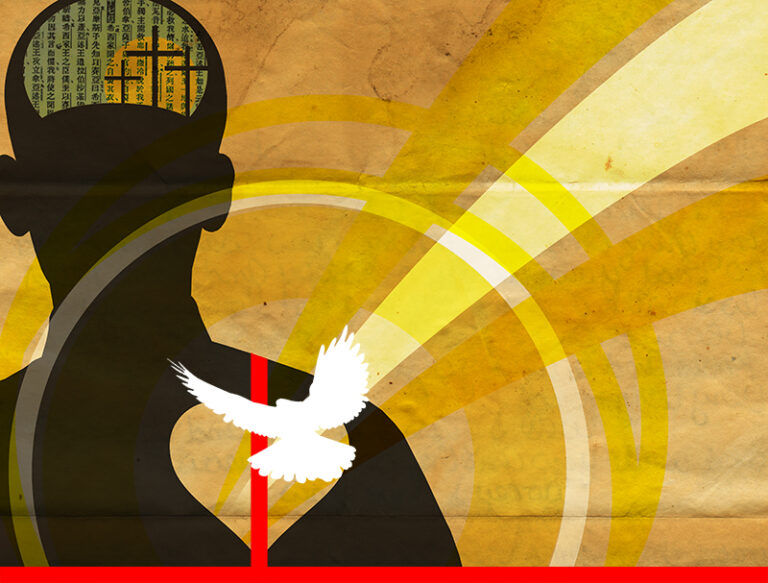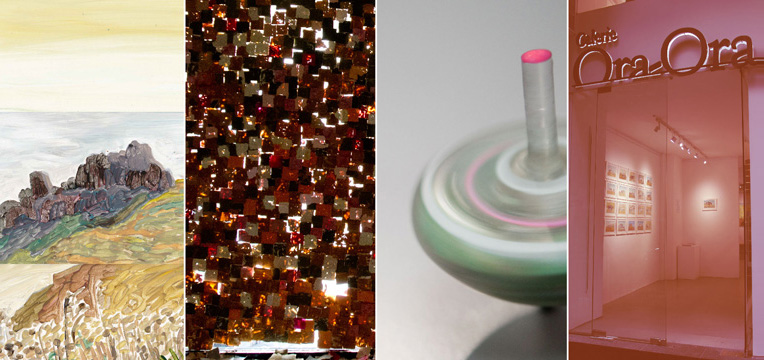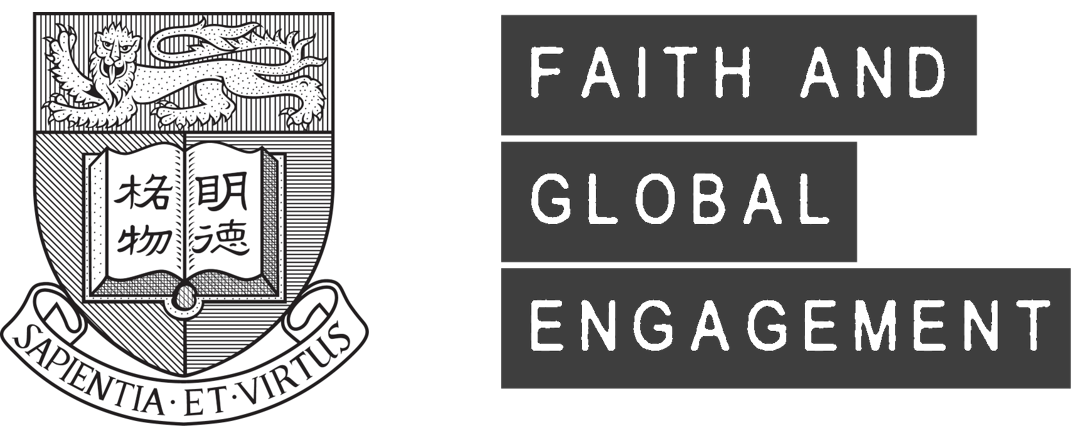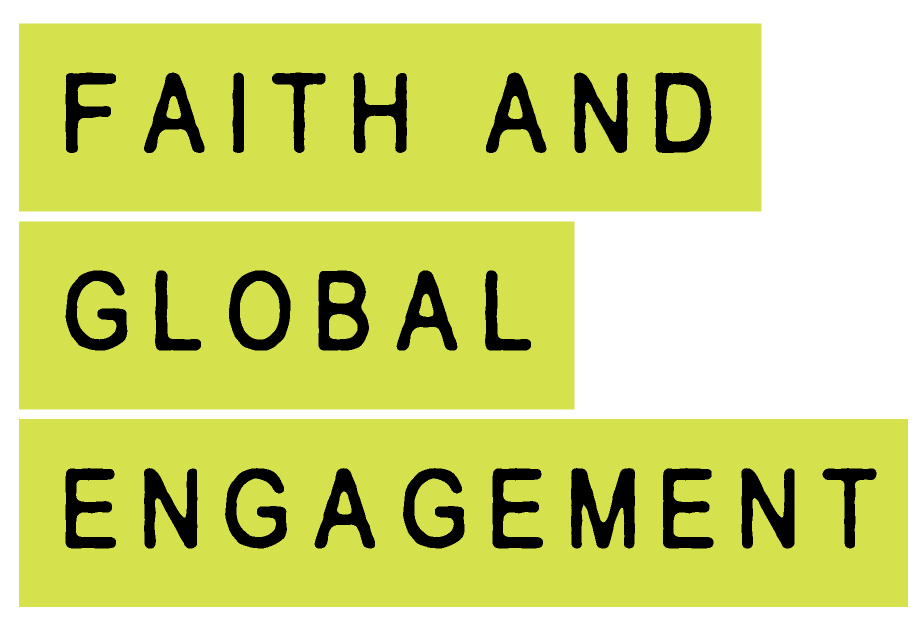
Similar Posts

Radical Feminism, Radical Marxism, Radical Love: a Professor Encounters Mother Teresa
Mother Teresa (HKU’93 honorary doctorate Social Sciences), a Catholic nun who devoted her life to helping India’s poor, was arguably the most influential spiritual revolutionary of her time. Canonised by Pope Francis, the “saint of the gutters” served the poor of Calcutta and challenged religious thought of people the world over. Prof Mary Poplin (Claremont…

Leading with character: Why character matters and how to develop it
Synopsis: Have you ever wondered why some leaders excel while others struggle, even with similar levels of competence? Effective leadership requires both competence and character, but character is often overlooked due to its abstract nature. This lecture, based on a decade of research at the Oxford Character Project, will explore why character is essential for…

Psychology of Christian Faith 2015
Presenters from The University of Hong KongThe Chinese University of Hong KongHong Kong Shue Yan UniversityCity University of Hong KongUnited Christian Hospital 15 Papers in Total ProgramOpening remarks and a video message from Crystal Park (Former President of Division 36 of APA and Author of Handbook of Psychology of Religion and Spirituality): Psychology of Religiousness and…

Exhibition: At The Still Point of The Turning World
Presenting Ray Chan’s ceramic works, Gabriel Leung’s mixed-media installations, and Stephen Wong’s series of paintings, “At the Still Point of the Turning World” is a depiction and materialisation of the artists’ personal means and journeys of searching for the “still point” – a constant ritual, respite, or an oblique resolution in the face of chaos, crisis, or uncertainties…

Hope Beneath The Rubble: Two Dance Acts
At the still point of the turning world. Neither flesh nor fleshless; Neither from nor towards; at the still point, there the dance is, But neither arrest nor movement. And do not call it fixity, Where past and future are gathered. Neither movement from nor towards, Neither ascent nor decline. Except for the point, the still point, There would be…

Lead for Life (L4L) 2022/23 Mentors Training
L4L is a four-year, transformational journey for HKU students to acquire the characteristics needed for lifelong leadership – leadership, which is life-enriching, life-nurturing (for leaders and group members) and a way of life. The purpose is to help students flourish during their time at HKU, and to equip them to build flourishing communities afterwards. The…


